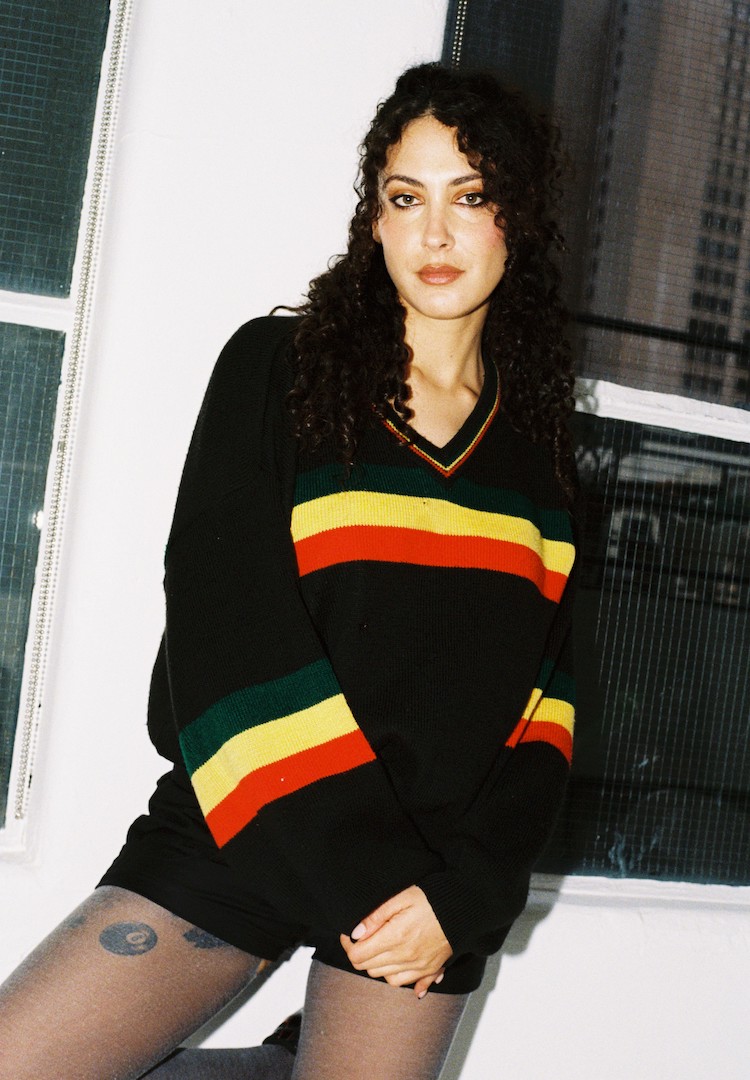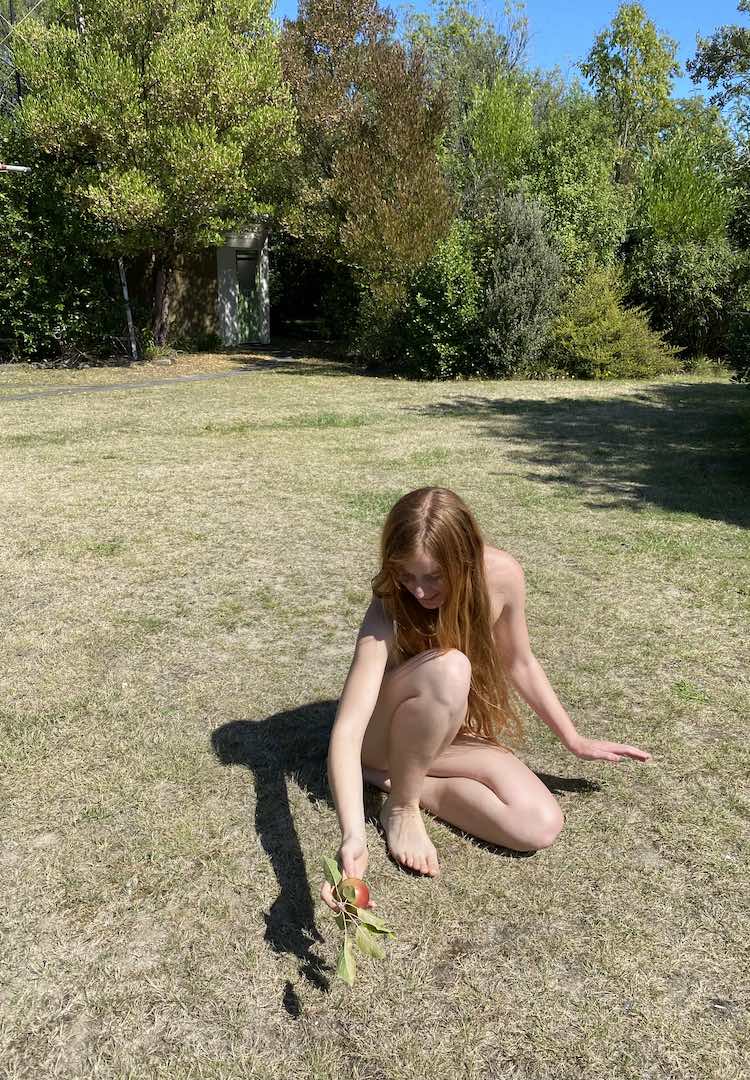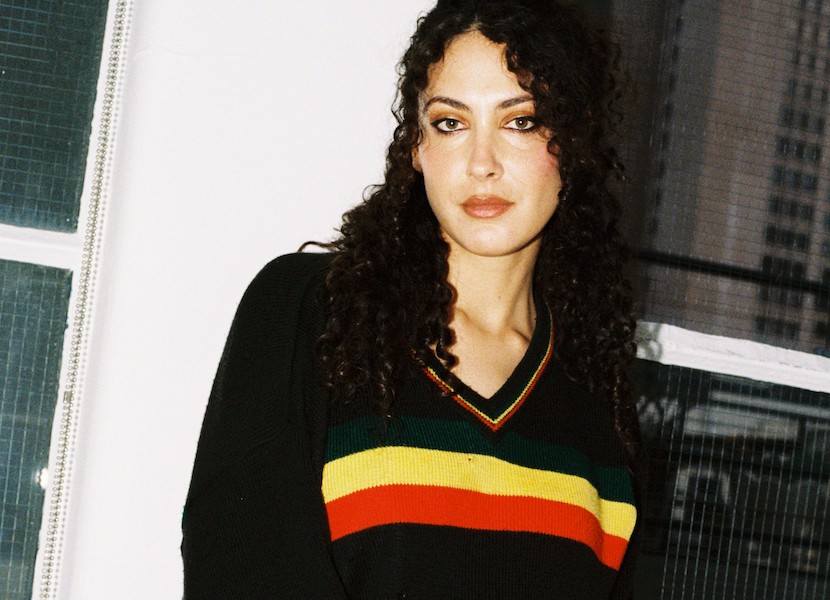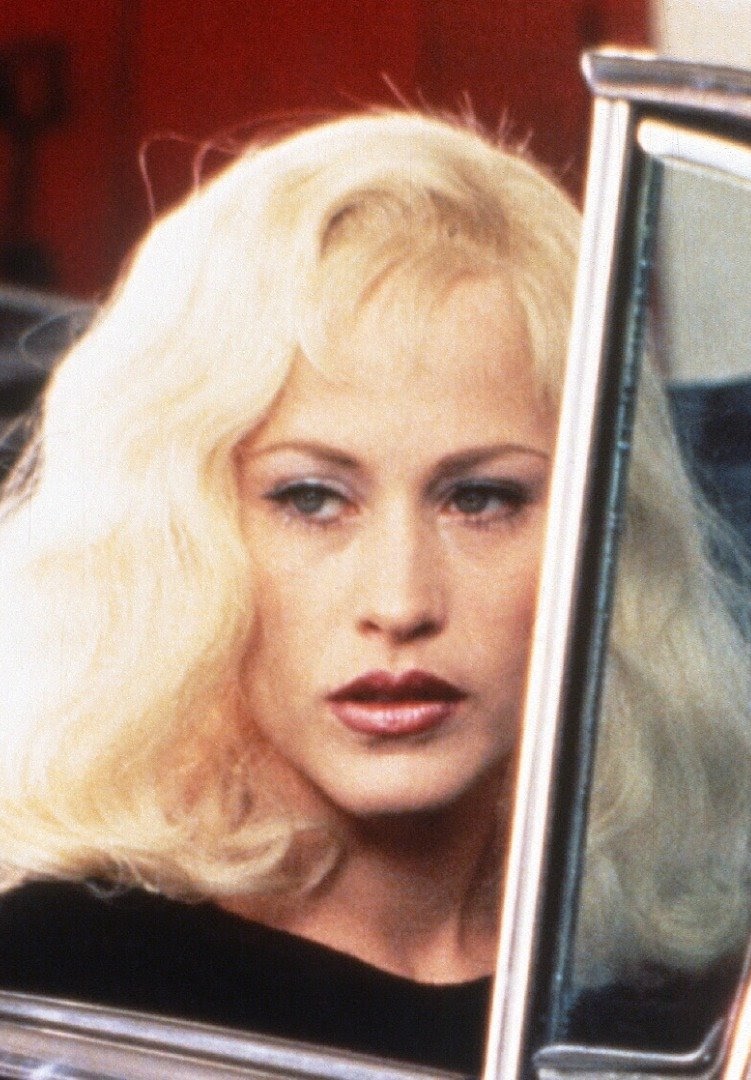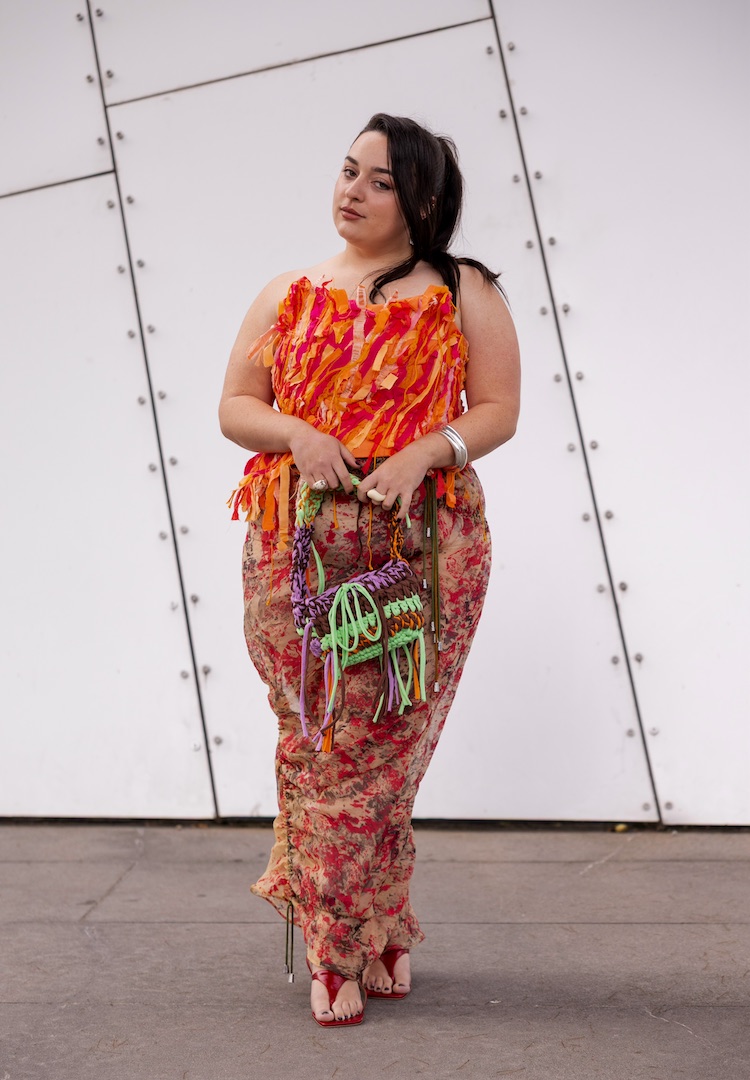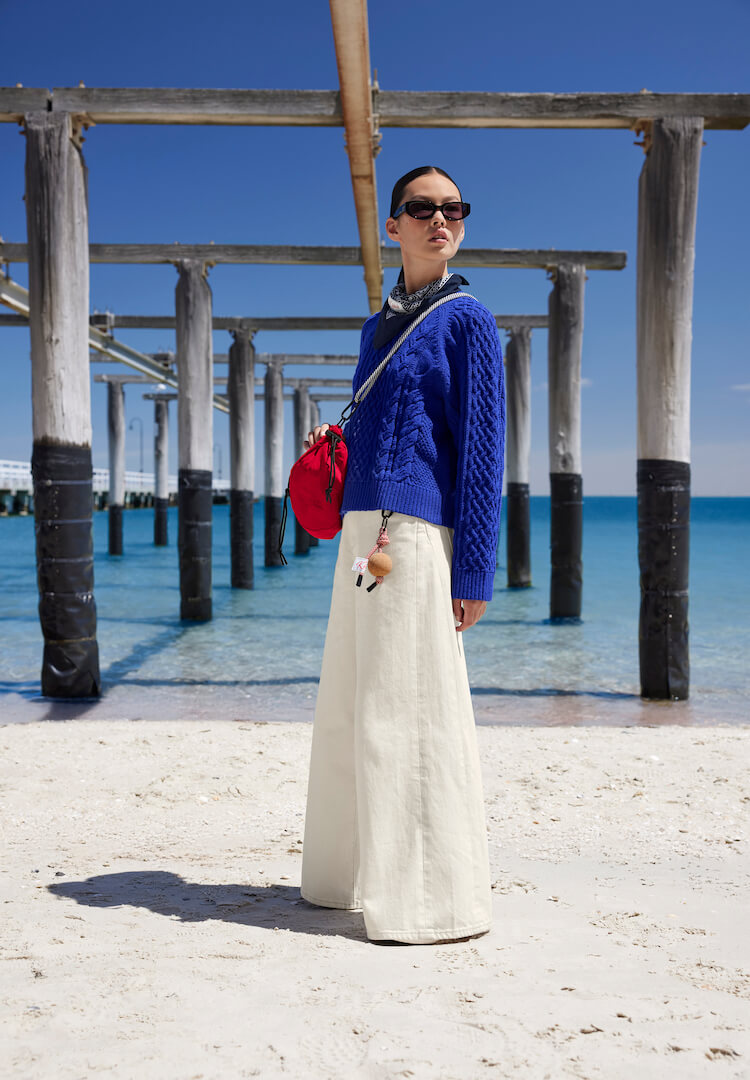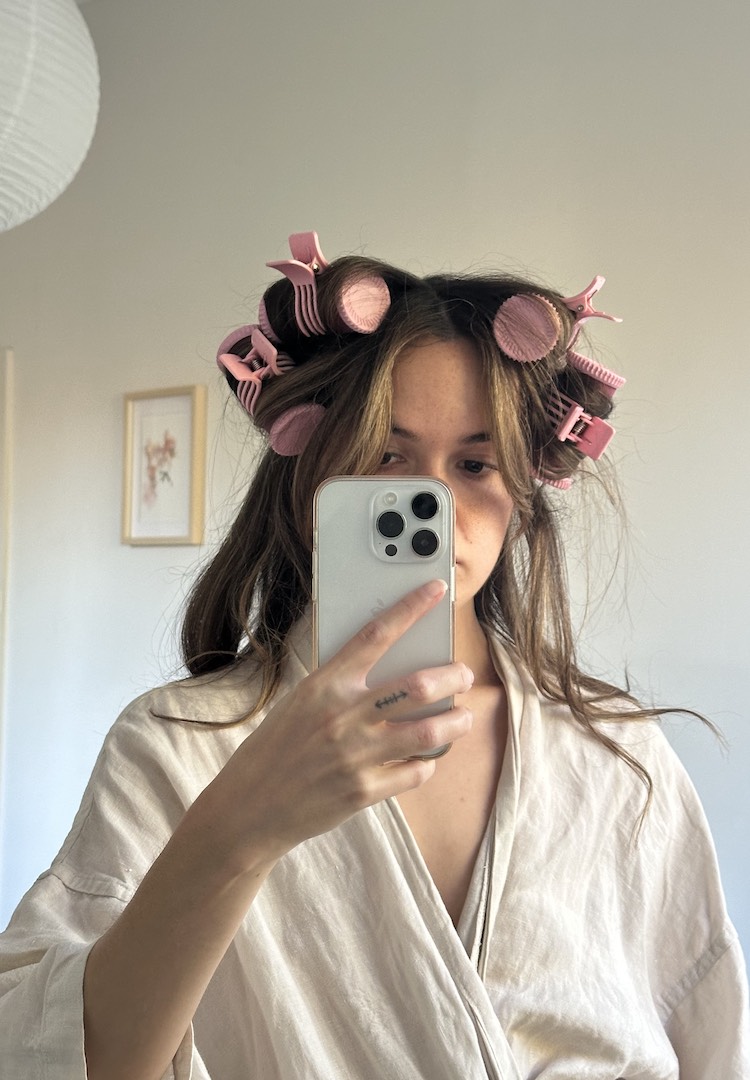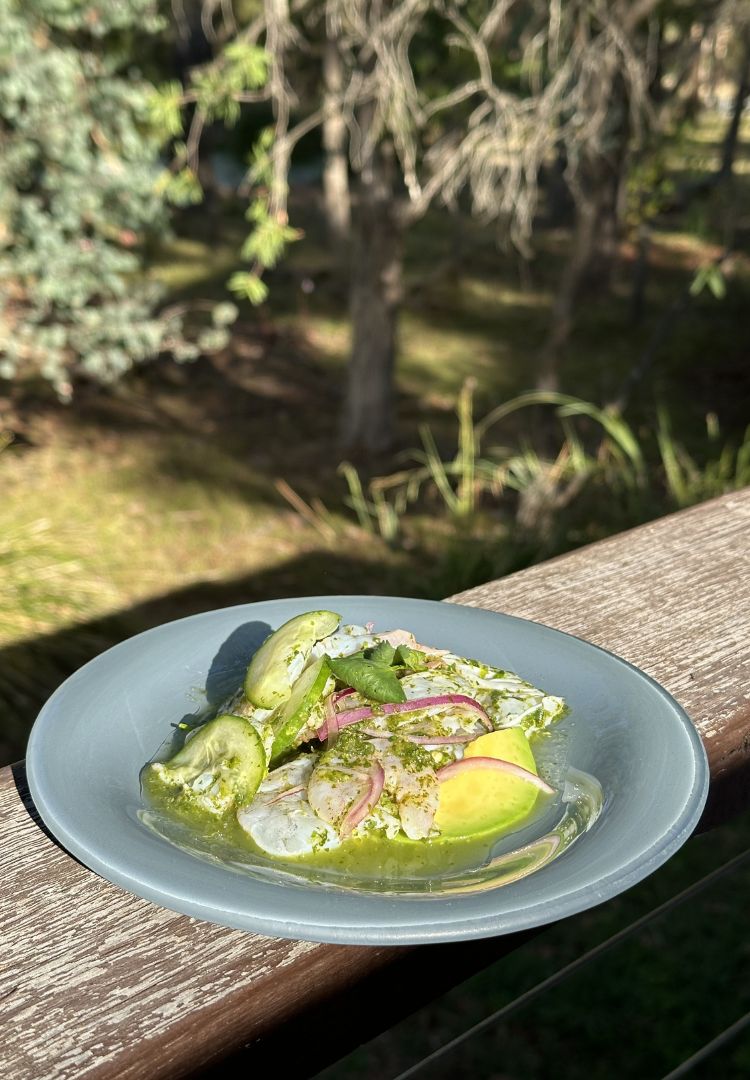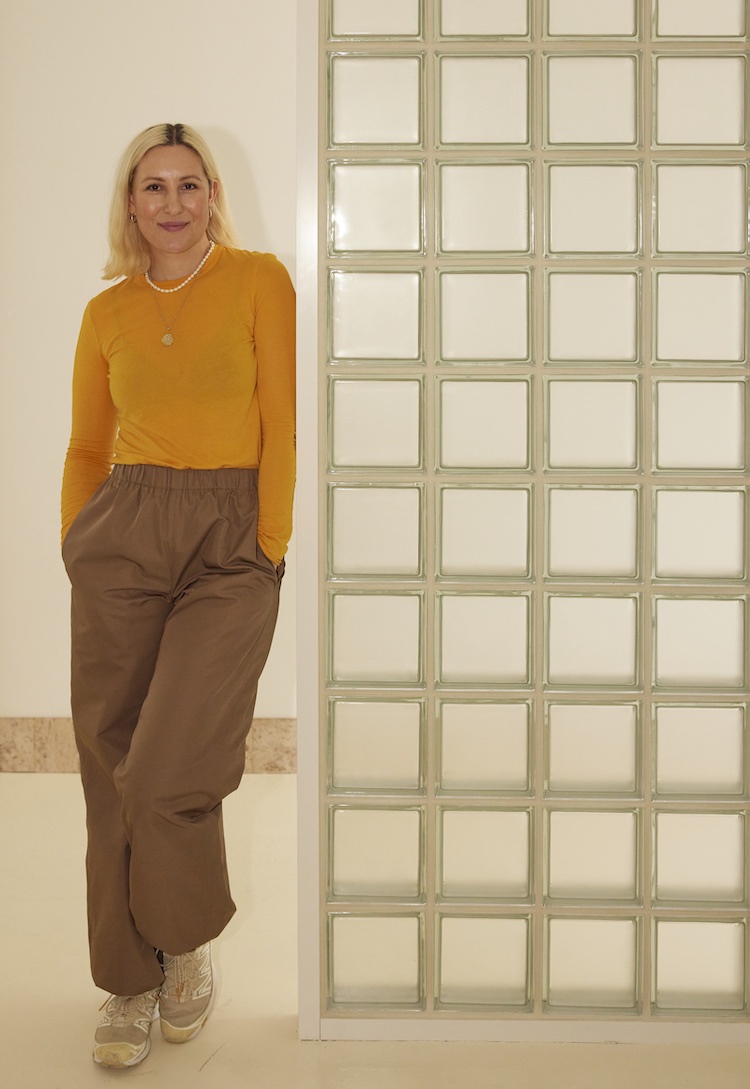Meeting your heroes, emptying the trash: What it’s really like to throw parties for a living
PHOTOGRAPHY BY ROBYN DALY ASSIGNMENT STUDIO
WORDS BY LARA DALY
“The best gigs I’ve ever put on have been with collective help from the community.”
Yasmine Sharaf fell in love with the underground music scene the way many of us did – through teenage parties. “When I was 19, I went to a house show pool party in South Yarra. It was insane. It was like Skins but with rock bands. I thought, ‘Wow, this must be what cool parties are like,’ and then nothing that fun ever happened again,” she says.
Looking for a new 9 to 5? Head to our Careers page for new listings daily.
That night must have sparked something in her. Whether she knows it or not, the Naarm-based music curator, radio presenter, event producer and DJ has been chasing (and recreating) that same chaotic magic ever since.
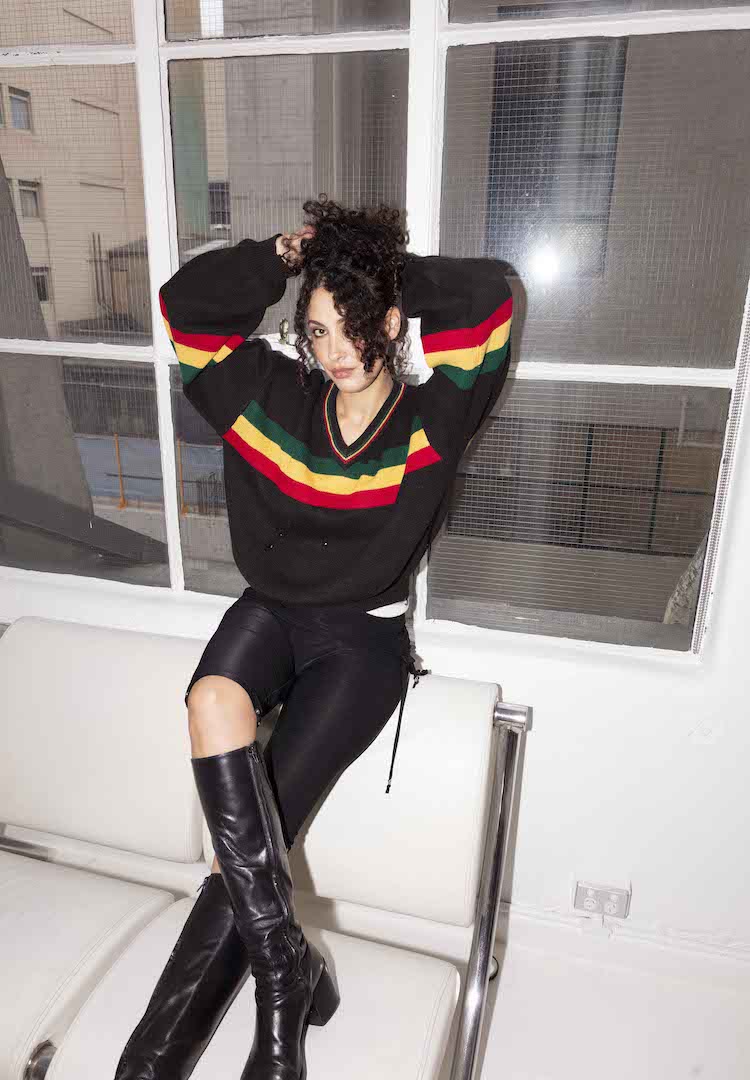
Lara: Hi Yasmine! In your own words, tell me what it is you ‘do’?
Yasmine: Hi! I’m a music curator, radio presenter, event producer and founder of Cease and Desist, a live music event project and weekly radio show on 3RRR. Through this project, I’ve put on over 50 live music events, toured international artists, and collaborated with a huge range of incredible labels, festivals and institutions.
How did you get your start in the music industry?
Like most people, I started as a fan. I didn’t know many people until I started getting into live music photography in my teens. Taking photos was a great way to meet people in bands, and many of my formative relationships in the industry started around then. When I turned 18, I started bartending in venues and landed my first booking job.
At the same time, I was studying a Bachelor of Arts, but it hadn’t occurred to me that you could study underground music in an academic setting until I came across Sarah Thornton’s Club Cultures, an incredible book on subculture and the underground raves of the ’90s. I transferred over to Cultural Studies and started focusing on ethnomusicology straight away.
I was also working at an amazing independent record store called Lulu’s. The store was run almost like a creative collective and I learnt so much from everyone there. When it came time to write a thesis, I chose to write it about Lulu’s and the role of physical space in musical communities.
I never expected academia or music to lead to any ‘real’ jobs, but I ended up landing a role as a music coordinator, and after that contract wrapped, I started as head programmer for a music venue, before moving to Cease and Desist full- time in 2019.
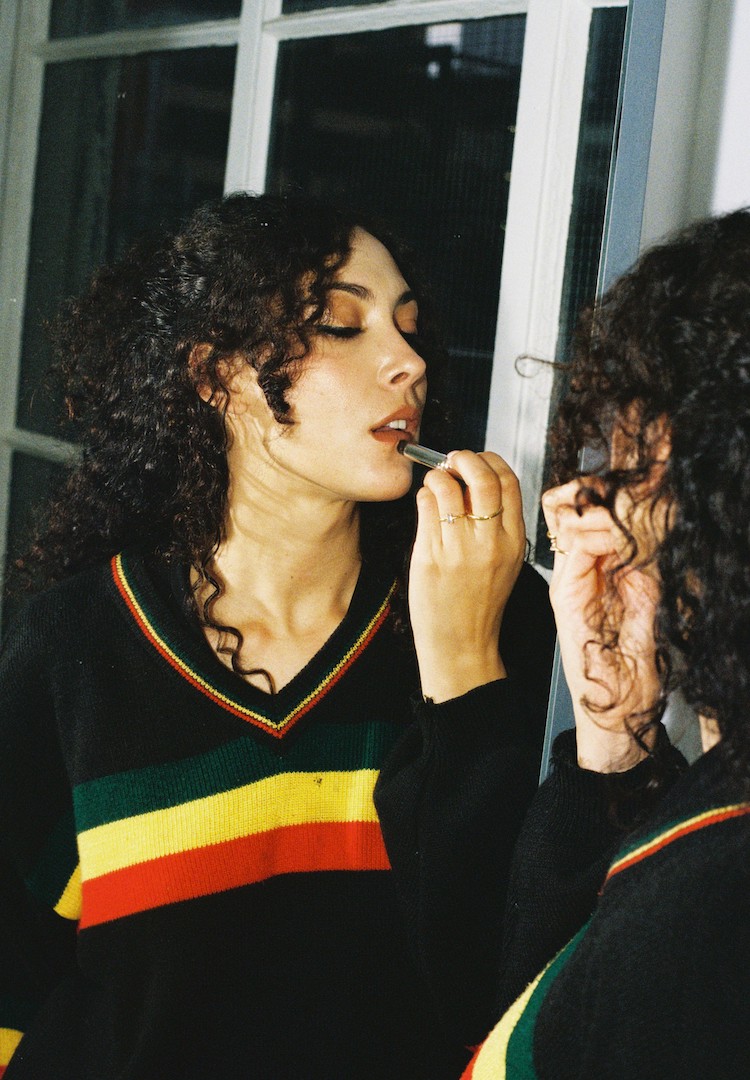
What led you to start Cease and Desist?
The slightly longer answer is that the project started as a record label, but I pivoted to doing events because I quickly realised that my strong suits were not in running a record label…
The main impetus for starting my own thing was kind of just being burnt out from my job. I was running a two-level music venue, [putting on] like eight gigs a week, and I got really burnt out. I ended up leaving and I was like, ‘Well, it’s still something I enjoy. If I just do something on my own once a month, that’s surely going to be easier than doing eight a week’.
What was the vision for your early events? What did you want to do differently?
I kind of took on the idea of ‘the promoter ’, in the nightclub sense of the word, and moved that into live music. I hadn’t really seen anyone do that before… to regularly curate lineups but change venues each time, from pubs to clubs to community halls.
Post-Covid, I felt like everyone separated into their own little music subcultures and sub-scenes: the punk bands were playing with the punks, the club people were playing with club people.
I’ve always said, if you’ve got the skaters and the fashion crew, and the art scenes there, alongside other music people, that’s the real melting pot that makes gigs really special. So I wanted to create more musically diverse, more culturally diverse gigs. And I felt like that wasn’t really popping off at the time.
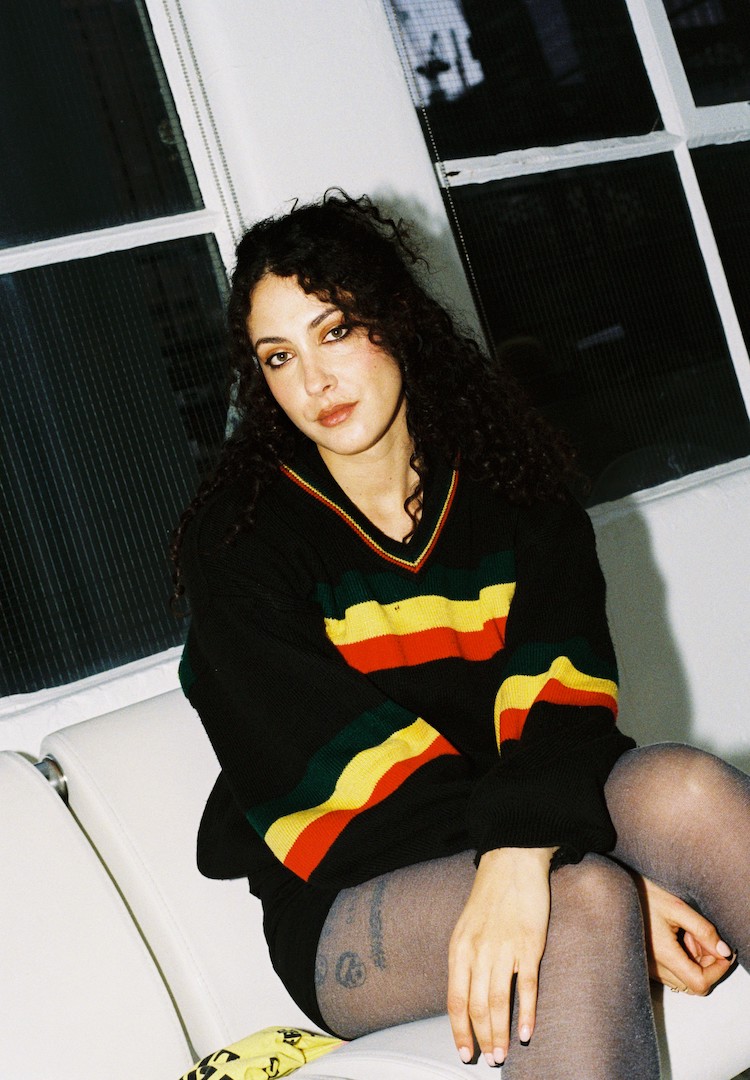
How has the project evolved? Can you tell me about a memorable gig?
It didn’t really explode into what it is now until our first big day festival in Russian House [a historical venue in the middle of Fitzroy], in 2023. From there, it really took off. I began doing a lot of long- form gigs, day parties and almost little micro festivals.
Earlier this year, I co-hosted a boat party with London-based DJ, Flo Dill.
I don’t think we really thought through the magnitude of throwing a boat party until we saw the line of 200 people waiting to board. It was truly a wild scene… At one point, someone was spraying the crowd with the smoke machine, while the boat was whizzing around Port Phillip Bay. There’s something about a boat that makes people lose their inhibitions.
What are three tangible things you absolutely need to put on a great live show?
A diverse group of people, a good smoking area and a loud PA.
What about three intangible things?
If you have those three things, usually the intangible magic follows.
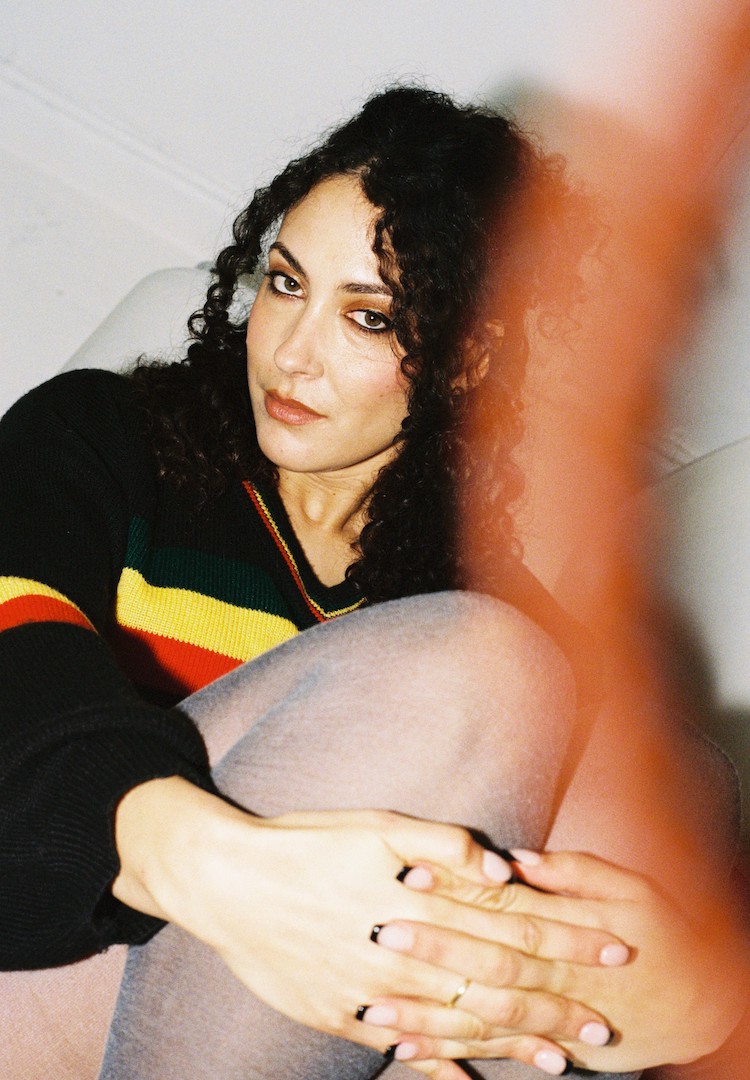
You pour a lot of energy into creating memorable events for the community. What are the best parts and what are the downsides?
The best gigs I’ve ever put on have been with collective help from the community. There’s a beautiful exchange of knowledge that happens when working with different people, and that’s by far the best thing about the music industry – you get to work with a huge range of people.
At the same time, burnout is very real in the nightlife economy, as well as exploitation. You shouldn’t let anyone exploit your love for community or leverage it to justify not paying you. It can be really tricky.
Of course, we all need to show up for community – get out there and support more gigs. But if it always feels like a chore, maybe you haven’t found the right space for you. Love should be the motivator, not guilt.
It’s also a great way to meet people off the dating apps, if that’s what you’re doing.
Oh my gosh, totally. No, like, go to a gig. At least you’ll know that you have something in common before you even talk to each other. And then usually, your friends will both be there, so it’s a good vetting process because someone will let you know if that’s not a person to talk to.
Very true. What would surprise people the most about what you do?
How DIY it is! Even when I’ve worked on larger projects. Sometimes you get to do glamorous things and meet your heroes, but at the same time, you’re often waking up early to lug a PA across town or emptying bins at the end of the night. That’s show business!
This article was originally published in Fashion Journal issue 198.
Find more from Cease and Desist here.


